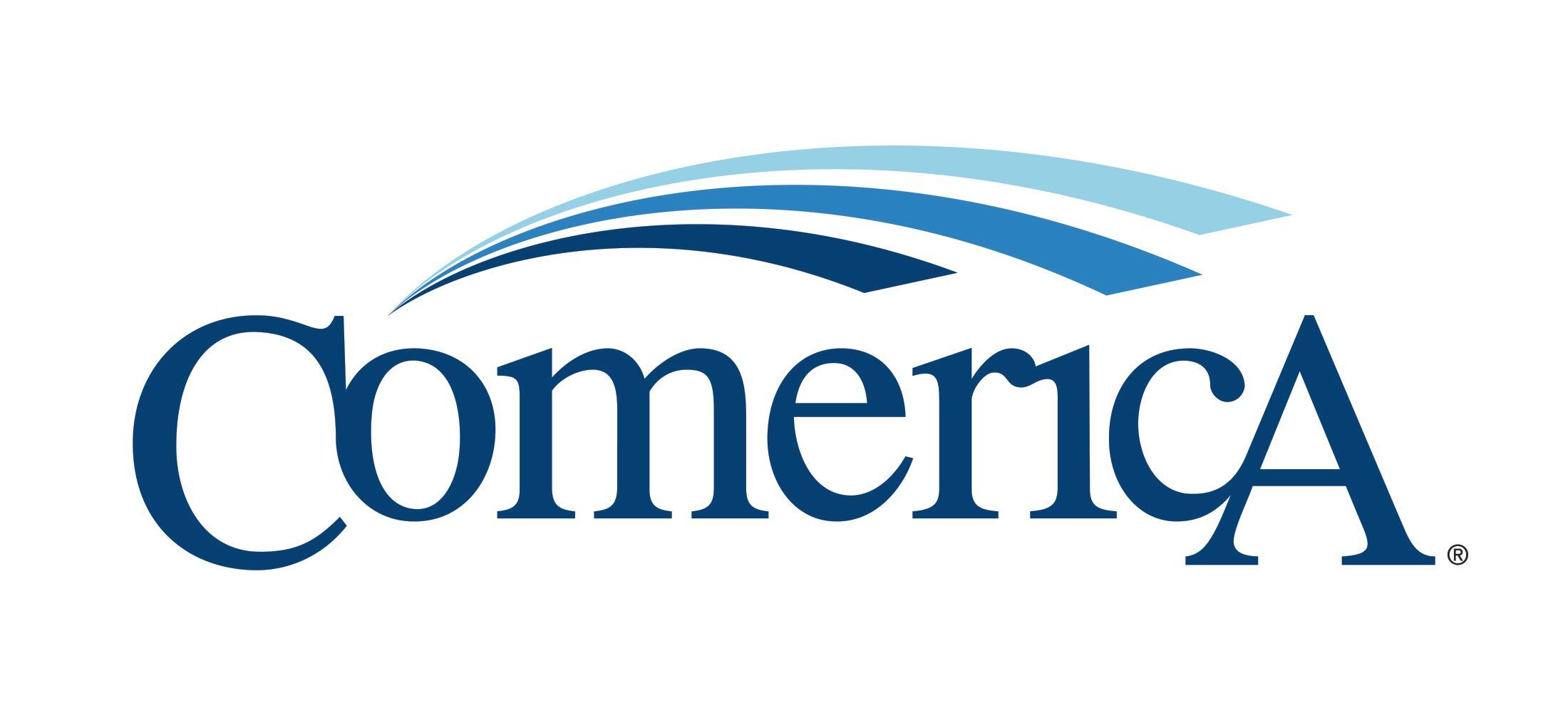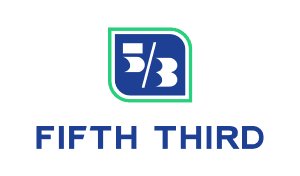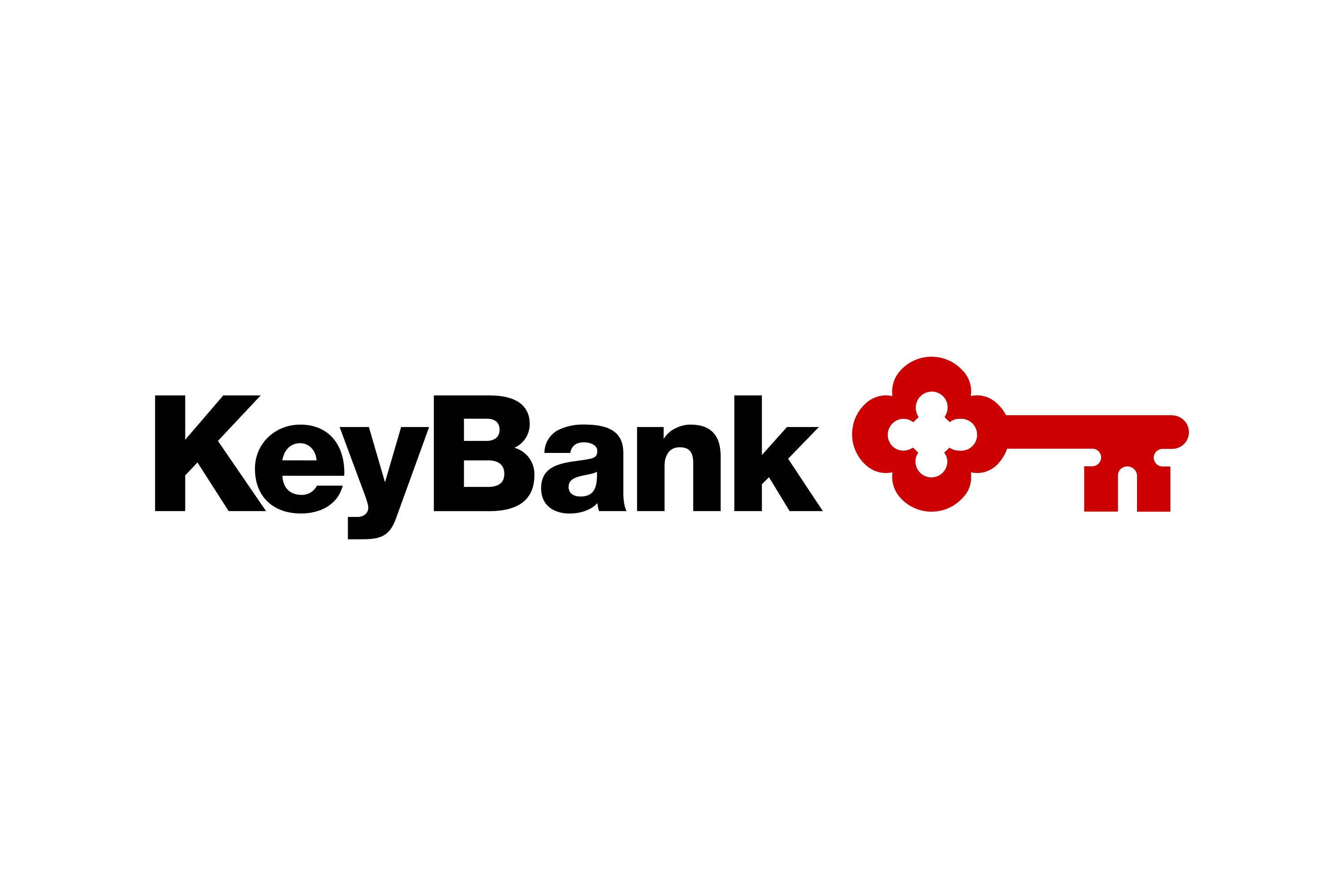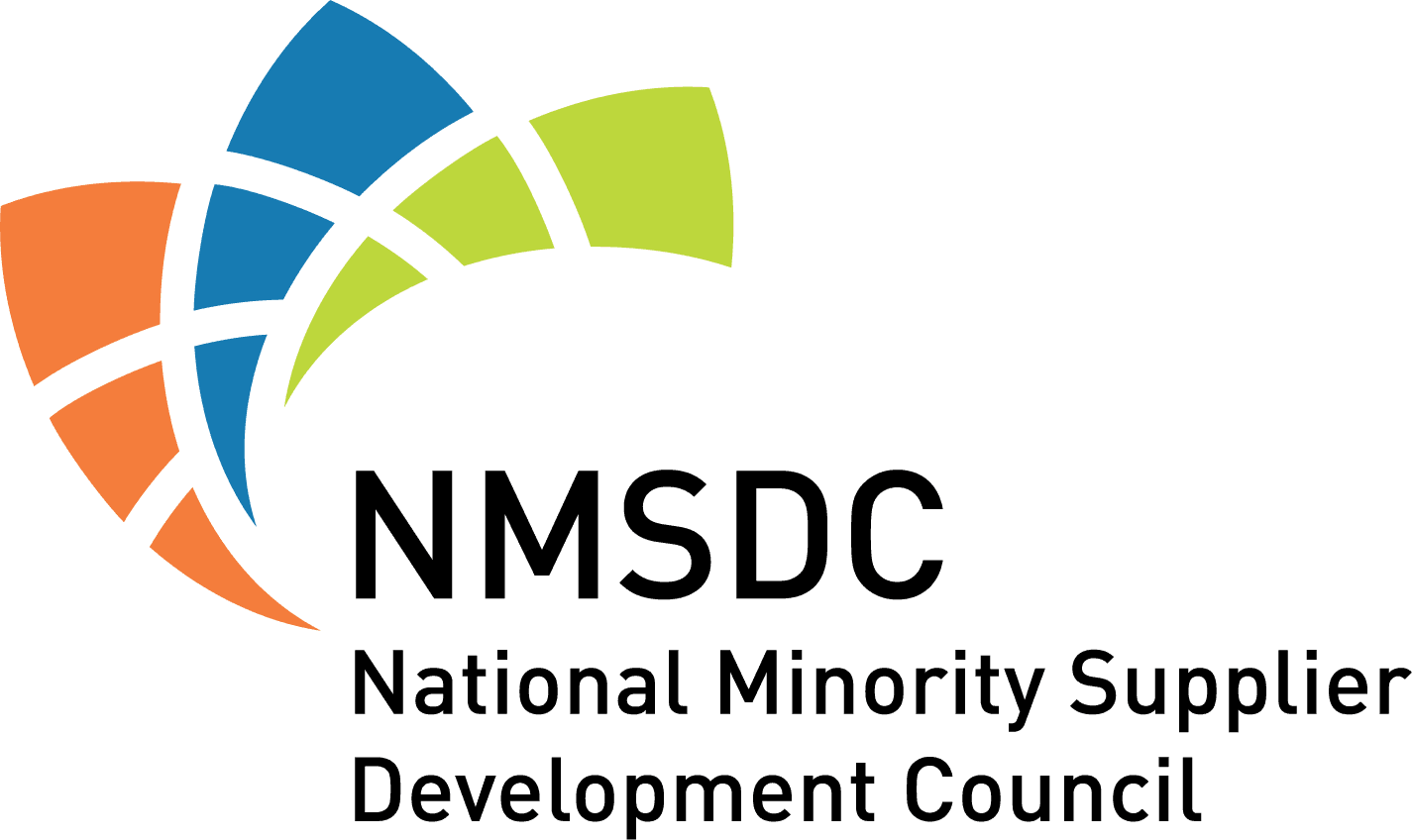The Business Consortium Fund, Inc. (BCF) exists to expand capital access for small businesses across the United States to advance a more inclusive and equitable society. Our focus and special expertise are funding and advice for minority business enterprises (MBEs) operating in the supply chains of the nation’s largest corporations and government organizations.
Our Work
-
 Challenge 1
Challenge 1One of the biggest challenges facing MBEs, low-income, low-wealth, and underserved communities is the misconception that financing options are out of reach. Many MBEs and business owners in low-income, low-wealth, underserved communities hesitate to apply for credit due to past negative experiences with financial institutions, perceptions of bias, fear of rejection, or unfamiliarity with the lending process—even when they are creditworthy, and their businesses are financially viable.
-
 Solution 1
Solution 1To address this, BCF collaborates with trusted organizations such as the National Minority Supplier Development Council (NMSDC) and business chambers of commerce that focus on supporting small businesses. Through these partnerships, we engage directly with entrepreneurs, provide information about available financing options, and work to build the confidence that access to capital is not only achievable but also affordable.
-
 Challenge 2
Challenge 2The structural barriers preventing MBEs and low-income, low-wealth businesses from accessing credit—such as gaps in knowledge, lender requirements, networks, and skills.
-
 Solution 2
Solution 2BCF provides essential financial education assistance to help bridge the knowledge gap many entrepreneurs face in navigating financial products and accessing capital. We offer support in areas like financial literacy, loan application packaging, and understanding the complexities of securing credit. By helping businesses understand how credit works, the loan requirements, and available financial products, we empower entrepreneurs with the confidence and skills to apply for credit—even when they are fully qualified. This foundational support is crucial for enabling entrepreneurs to access the capital they need to grow and thrive.
-
 Challenge 3
Challenge 3There is a significant funding gap for MBEs, particularly first-time borrowers in low- to moderate-income (LMI), low-wealth communities. Many struggle to qualify for traditional loans, and when they do, they often receive significantly lower amounts compared to other social-economic businesses. As a result, they may turn to high-cost options like Merchant Cash Advances (MCAs), which can worsen financial challenges.
-
 Solution 3
Solution 3BCF partners with philanthropic foundations to provide financial assistance on a first-come, first-served basis, helping low-income, low-wealth borrowers cover their closing costs. By addressing this key barrier, we make it easier for borrowers to access capital. Our outcomes-based model ties funding to borrowers' performance, helping them build a strong borrowing history and ensuring long-term success and sustainable impact.
In addition, by partnering with private funders to help offset potential losses, BCF’s Lending Team can make our underwriting criteria more flexible and approve more borrowers, including those with limited business credit histories or collateral. These strategic partnerships reduce financial risk and expand capital access for small businesses. We also offer flexible loan terms, such as tailored repayment schedules and short-term payments deferrals, to better accommodate the cash flow needs of growing businesses. Finally, our holistic risk assessment considers factors like management experience and market potential—beyond just financial history—to identify high-growth opportunities. Together, these strategies help reduce barriers to capital and support the growth of small businesses.
-
 Challenge 4
Challenge 4The limited access to capital represents a significant challenge for low-income, low-wealth and underserved communities, hindering their ability to grow, scale, and create jobs. Without sufficient funding, businesses—particularly those in lower-income or unrepresented communities—often face difficulty in expanding their operations and generating new employment opportunities.
This gap in working capital not only hinders the growth of individual businesses but also has wider implications for national economic development. When businesses struggle to thrive, it can slow down overall economic mobility and limit opportunities for communities to prosper. Addressing these challenges is key to helping businesses unlock their full potential and contribute to long-term economic growth.
-
 Solution 4
Solution 4As part of BCF’s area of focus, we are developing an impact reporting framework to track how access to capital—through BCF’s lending activities—drives revenue growth, job creation, and overall economic development for businesses.
Our objective is to highlight the positive economic outcomes of BCF’s support for underfunded businesses, underscoring their critical role in the national economy. By demonstrating how our efforts contribute to business growth, job creation, and market expansion, we aim to showcase the tangible impact of our work to attract more resources for our clients. Additionally, we seek to share valuable insights and best practices with the broader CDFI community, helping to strengthen the sector’s collective ability to drive meaningful and sustainable change.




















